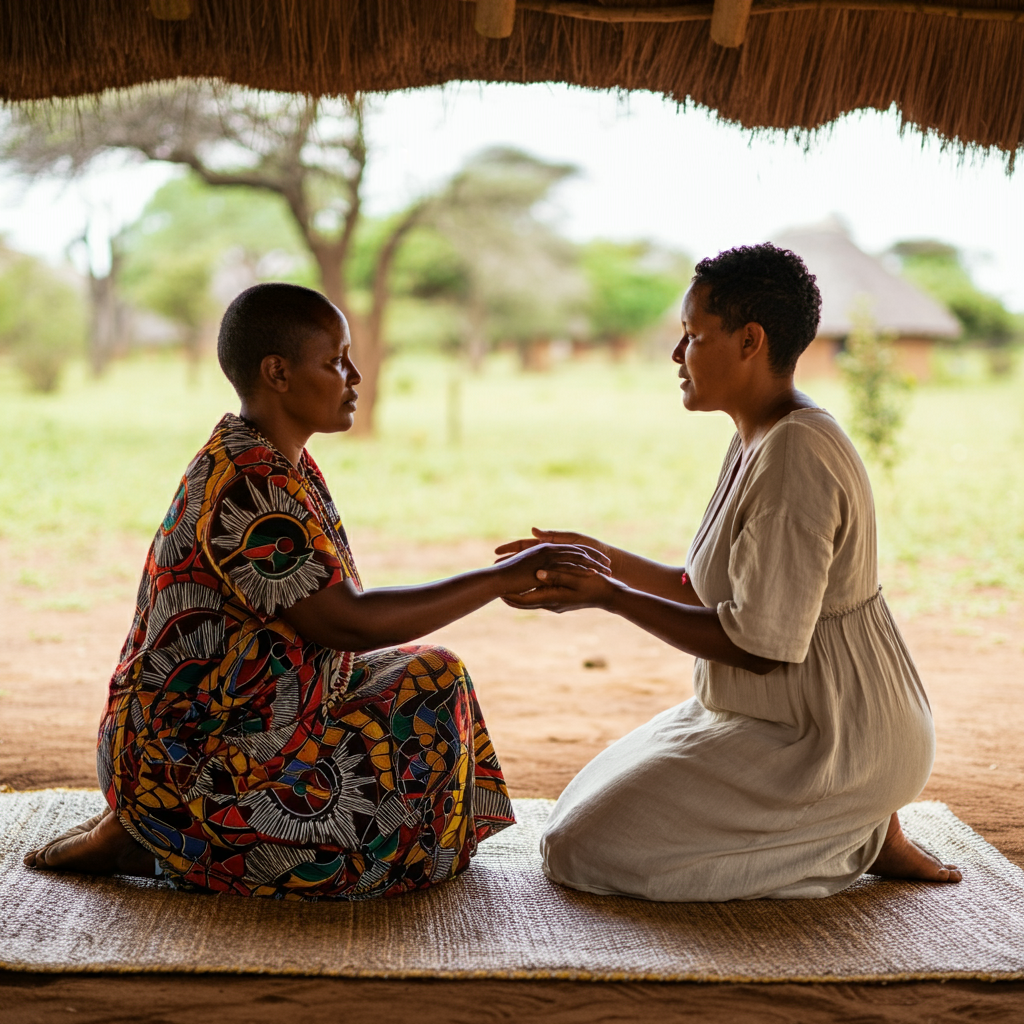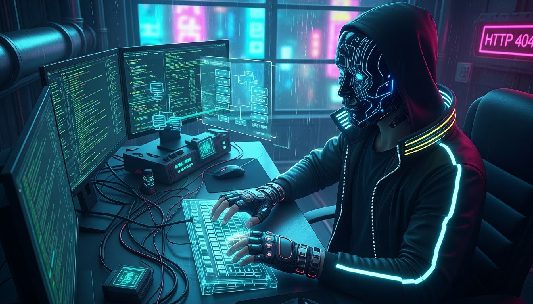By Sarah Nashati
In our rapidly changing and increasingly interconnected world, mediation as a conflict resolution tool is evolving. One of the most significant factors driving this evolution is culture, a powerful, dynamic force that influences every aspect of human interaction. Culture plays a pivotal role in shaping the nature of the mediation process, from how we approach disputes to how we resolve them.
Culture as a way of life, encompasses beliefs, values, perceptions, customs, practices, and social behavior that define how we interact with the world and each other. It has also been established that culture, within which a conflict occurs influences how it arises, how people respond to it, and how it is resolved. In disputes, these cultural influences often come to the forefront, making it crucial for mediators to not only recognize but also adapt to these differences.
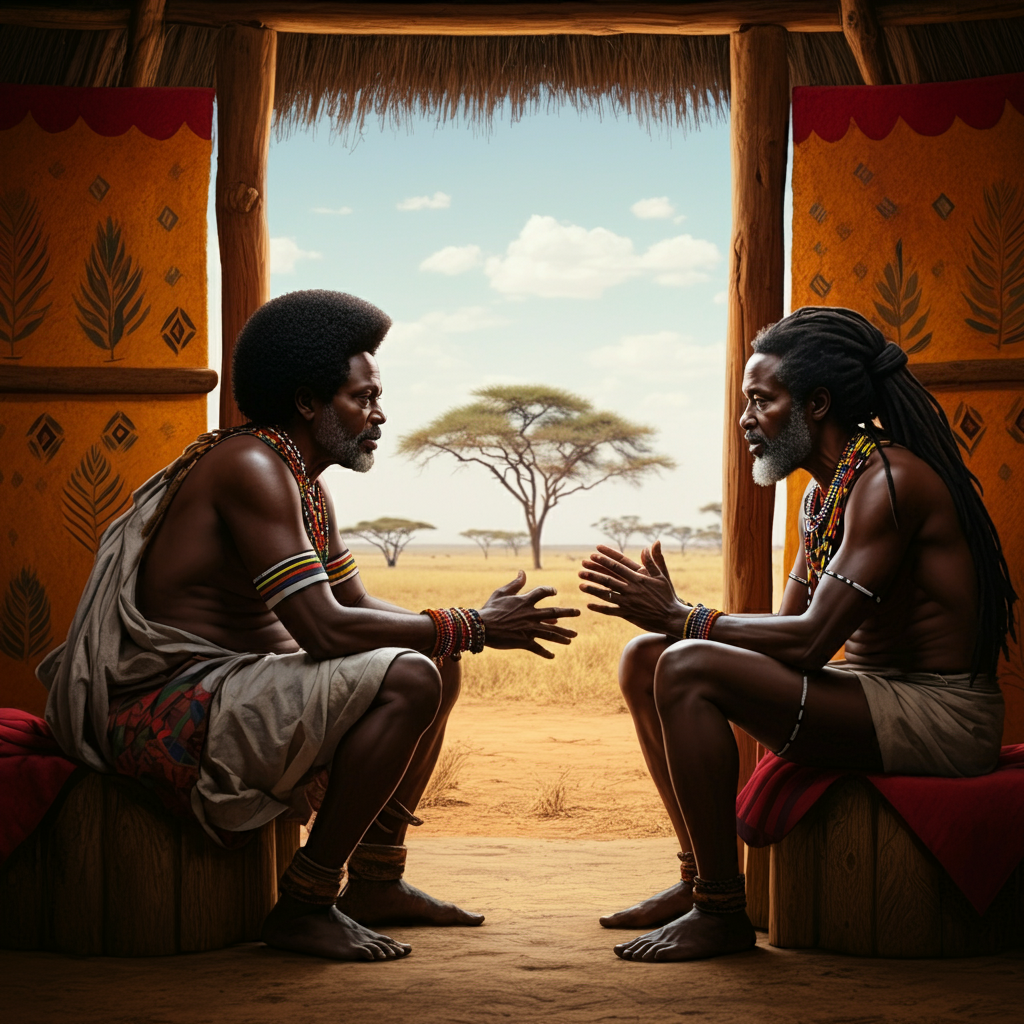
For example, in individualistic cultures, such as those in the West, there is strong emphasis on personal autonomy and self-expression, leading to a focus on asserting personal interests and achieving goals. In contrast, collectivist cultures prioritize group harmony and consensus, emphasizing maintaining relationships and community well-being. These contrasting approaches can significantly influence how disputes are framed and how parties engage in the mediation process.
However, culture isn’t static. As the world evolves, so does culture. For instance, the digital age is rapidly fostering new cultural norms and behaviours. Society is experiencing a transformation in its cultural values, which are now often associated with technical innovations and successful adaptation to the digital environment. Digital culture is defined as “a fundamentally different type of development of society, in which digital, electronic… not only determine the nature and direction of human and social activity, but also become the main ones that determine the goals and meanings of human life and work. Digital culture conflicts are more intricate than traditional cross-cultural disputes due to varying levels of digital literacy, access to technology, and differing interpretations of online norms.
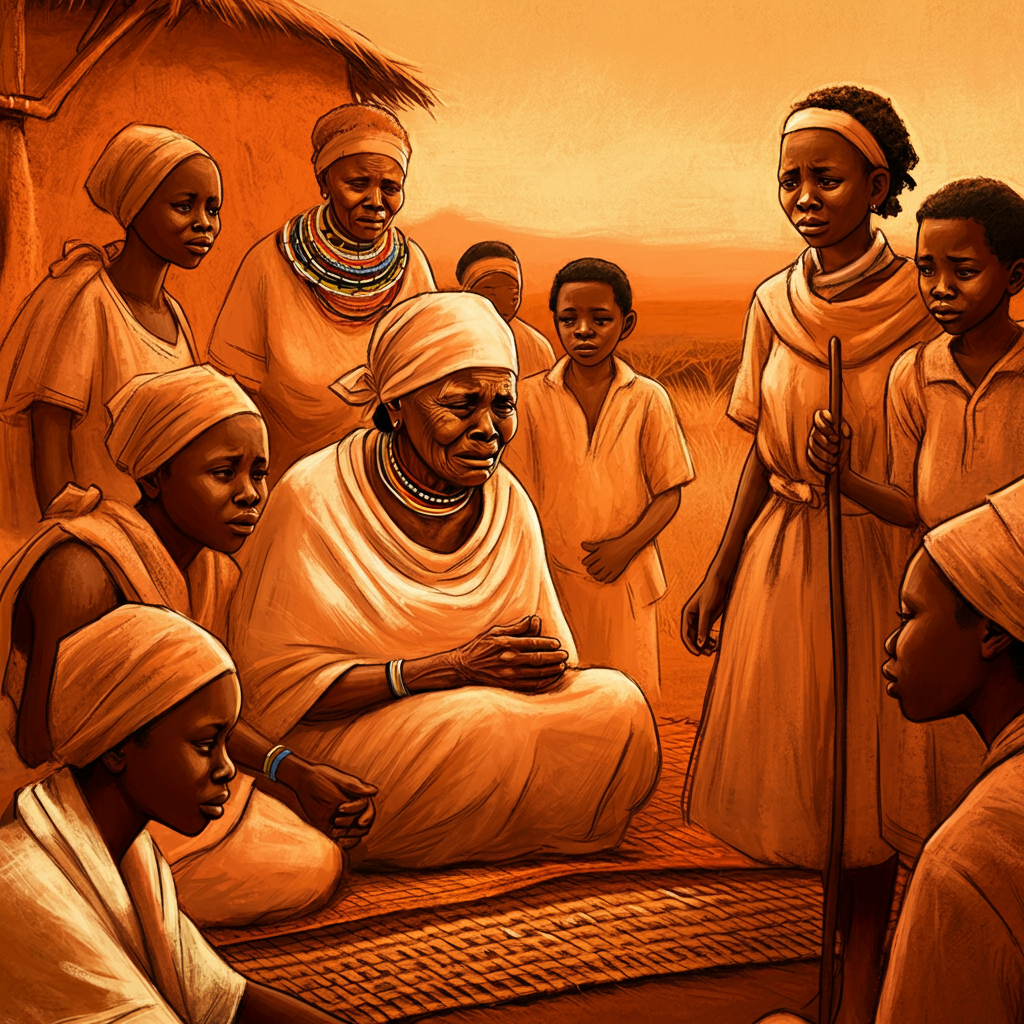
Digital culture, influenced by new media and unique communication processes, presents unique complexities compared to traditional conflicts. Anonymity can lead to widespread misinformation and unverified content, undermining sustainable knowledge. Furthermore, digital culture blurs the lines between real and virtual identities, forcing individuals to navigate complex representations online and fake news complicates public discourse, creating societal divisions. These conflicts are more nuanced in nature due to the varying digital literacy and technology access.
The evolving culture is transforming dispute formation and resolution, necessitating mediators to adapt to changing global cultural realities. Future conflicts may differ from current ones, necessitating mediators to be resilient, flexible, and culturally mindful. Mediators must not only comprehend the cultures at work in the present but also predict how culture will impact conflict in the future in this dynamic environment where cultural boundaries are always shifting.
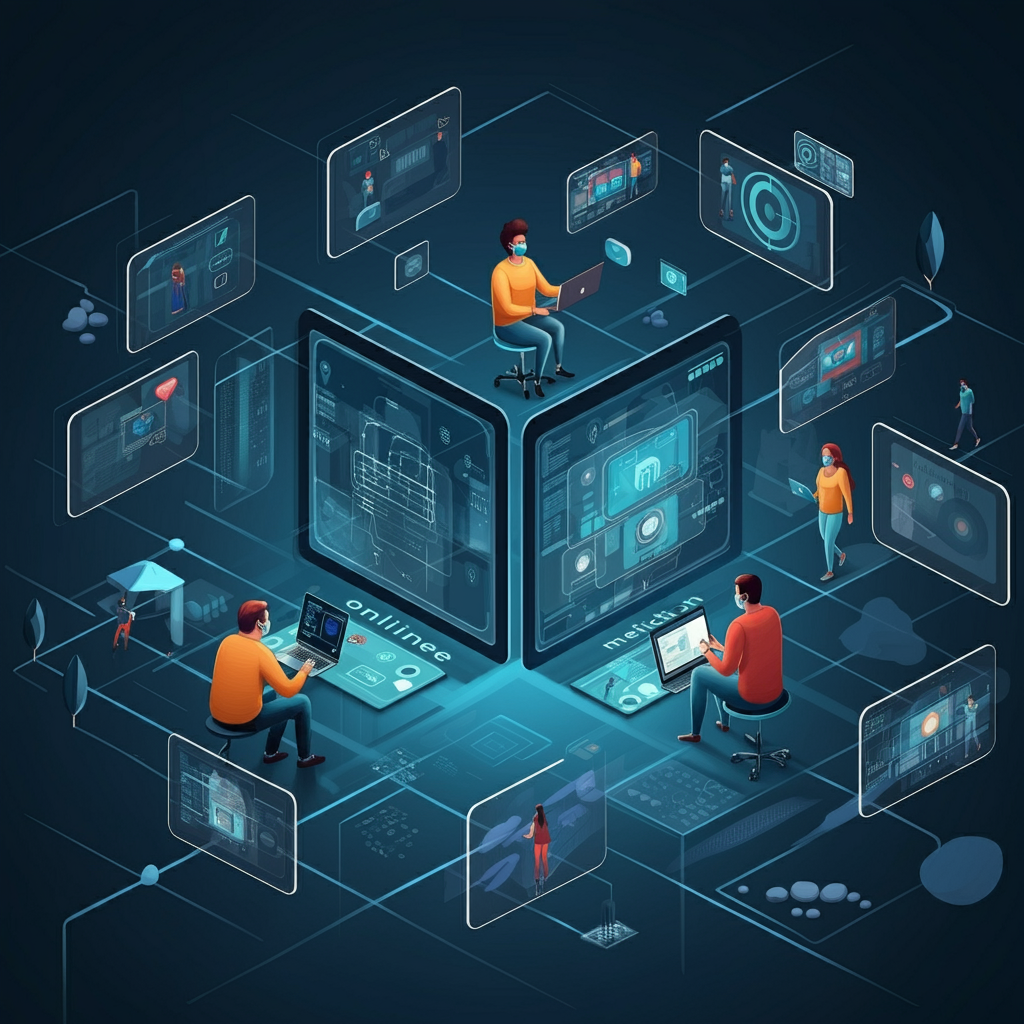
In light of this, the question then arises of how mediators would handle these variations. The answer lies in understanding, respect, and openness. Mediation, at its core is about human interaction and therefore mediators must cultivate a deep understanding of the cultural dynamics at play, practicing diplomacy, participation, and collaboration. Taking time to understand people’s culture is a way to navigate the existing differences. To understand culture, a mediator must understand how perception and perspective shape individuals’ interpretation of experiences, enabling them to identify the underlying frameworks that shape behaviour and societal structures.
To understand perspective and perceptions, a mediator must develop critical thinking skills, question their own biases, and be open to multiple viewpoints. This often involves stepping outside one’s comfort zone and actively engaging with diverse perspectives. In today’s digital age, mediators need to enhance their capacity by learning how to effectively engage with these platforms. Mediators must recognize how these cultural aspects influence conflict dynamics and participant engagement. Understanding digital communication trends and the impact of social media on perceptions helps navigate modern conflicts.
Mediators can successfully bridge cultural divides by embracing cultural diversity, active listening, and prioritizing respect. Culture will continue to influence the nature and resolution of disputes in our rapidly changing world and therefore, as mediators, it is our duty to adapt and ensure the mediation process remains effective and inclusive.
It’s all about creating an open space for dialogue, where all parties feel heard , no matter how strange their cultural practices may seem.
